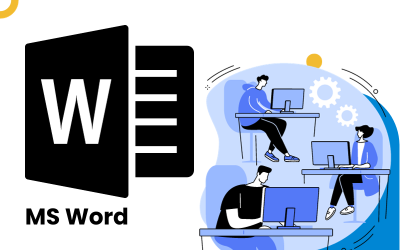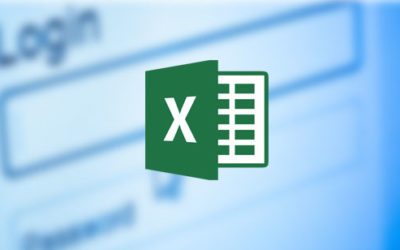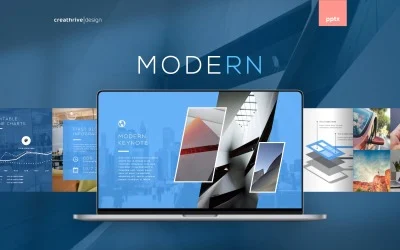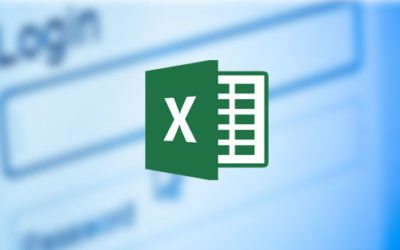Highlights:- Introduction to PMO: Learn the fundamentals of PMO, including its structure, purpose, and
functions.
- PMO Framework and Methodology: Understand different PMO models, including
traditi...
Highlights:
- Introduction to PMO: Learn the fundamentals of PMO, including its structure, purpose, and
functions.
- PMO Framework and Methodology: Understand different PMO models, including
traditional, agile, and hybrid approaches.
- Project Governance: Gain insights into project governance structures, risk management, and
compliance standards.
- PMO Tools & Techniques: Explore tools and techniques used by PMOs for project tracking,
resource management, and reporting.
- PMO Performance and Improvement: Learn how to assess PMO performance and
implement continuous improvement strategies.
Course Objective:
By the end of this course, you will be able to:
- Understand the different types of PMOs and their role in an organization’s project
management landscape.
- Establish and manage a PMO aligned with the organization's strategic goals.
- Implement project management methodologies and frameworks within a PMO.
- Oversee project governance, ensure compliance, and manage project risks effectively.
- Use PMO tools for tracking, reporting, and managing project performance.
- Continuously improve the performance of the PMO to increase project success rates.
Course Structure:
1. Introduction to PMO
- Overview of the Project Management Office (PMO) and its significance
- Different types of PMOs: Supportive, Controlling, and Directive PMOs
- The role of PMO in managing projects across the organization
- Key PMO functions: Project governance, portfolio management, and standardization of
practices
2. Establishing a PMO
- Steps involved in setting up a PMO: Planning, resources, and structure
- Identifying the PMO’s objectives and aligning them with organizational goals
- Defining the PMO’s scope of authority and responsibilities
- Key stakeholders in the PMO and their roles (e.g., project managers, executives, team
members)
3. PMO Framework and Methodologies
- Understanding PMO frameworks: Traditional, Agile, and Hybrid PMOs
- Choosing the right methodology based on organizational needs
- Implementing Agile PMO practices for fast-paced and flexible project environments
- Standardizing project management methodologies and tools within the organizati
4. Project Governance and Oversight
- Setting up governance structures for projects and programs
- Defining roles and responsibilities for project oversight
- Risk management and compliance in project management
- Performance monitoring: Tracking milestones, deliverables, and project timelines
- Reporting to stakeholders and executives on project progress
5. PMO Tools and Techniques
- Overview of project management tools used in a PMO (e.g., MS Project, Primavera, Jira,
Asana)
- Resource management techniques for the PMO: Allocation, forecasting, and optimization
- Project tracking and reporting tools: Dashboards, KPIs, and performance metrics
- Collaboration tools and communication platforms for PMOs
6. Project Portfolio Management (PPM)
- Understanding project portfolio management and its alignment with strategic goals
- Evaluating and prioritizing projects within the portfolio
- Managing resources across multiple projects within the portfolio
- Techniques for balancing risks and rewards across the project portfolio
- Monitoring project portfolio performance and making adjustments as necessary
7. PMO Performance Measurement and Improvement
- Defining success and key performance indicators (KPIs) for a PMO
- Techniques for assessing the effectiveness of a PMO
- Continuous improvement strategies for PMOs
- Benchmarking PMO performance against industry standards
- Implementing lessons learned and feedback loops to improve processes
8. PMO Leadership and Stakeholder Management
- Leading and managing a PMO team effectively
- Building relationships with senior management, project managers, and stakeholders
- Influencing project decision-making and ensuring PMO visibility
- Conflict resolution and problem-solving within the PMO
- Enhancing the PMO's credibility and value to the organization
9. Advanced Topics in PMO
- Evolving trends in PMO practices: Digital transformation and automation in PMOs
- Managing a PMO in a global or multi-location organization
- Integrating PMO functions with enterprise resource planning (ERP) systems
- Sustainability and change management within the PMO
- The future of PMOs in an increasingly complex project environment
Learning Methodology:
- Interactive Lectures: Gain insights from experts in project management and PMO
operations.
- Case Studies and Real-Life Examples: Learn from practical case studies that illustrate
successful PMO implementation.
- Assessments and Quizzes: Evaluate your understanding through regular quizzes and
assessments.
- Live Sessions: Participate in live Q&A sessions and discussions for deeper insights.
- Discussion Forums: Engage with peers and instructors to exchange ideas and solve realworld PMO challenges.
Who Should Enroll:
- Project managers and professionals looking to transition into PMO roles
- Individuals interested in setting up or improving their organization’s PMO
- Senior management and executives involved in project portfolio management
- Business analysts and operations managers with an interest in project governance
- Anyone looking to gain practical knowledge on running a Project Management Office
This PMO course is designed for professionals who want to advance their careers in project
management or those tasked with managing or establishing a Project Management Office.
Whether you are a project manager, senior executive, or business analyst, this course will
equip you with the tools, techniques, and strategies to optimize project performance and
achieve organizational success through a well-managed PMO.












